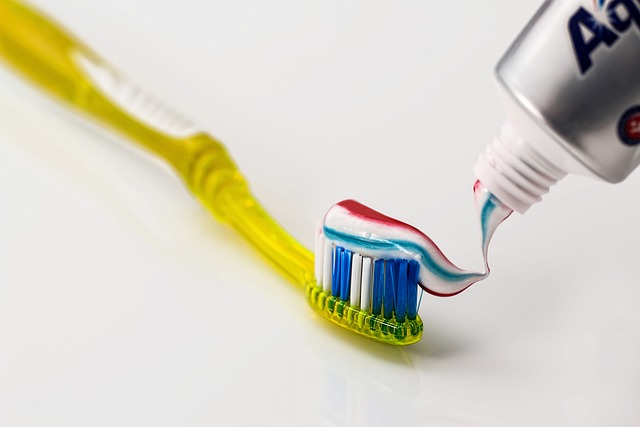Recognizing and Treating Pet Dental Problems
As a pet owner, it’s natural to want the best possible life for your furry friend. However, one aspect of their health that often gets overlooked is dental care. Just like humans, pets can develop dental problems that can lead to pain, discomfort, and even serious health issues if left untreated. In this article, we’ll delve into the world of pet dental health, discussing how to recognize common dental problems, and most importantly, treating them effectively.
Training Your Pet for Better Obedience is crucial in maintaining their overall well-being. But let’s get back on track – what are the common dental problems that can affect your pet?
Dental Problems in Pets: A Guide
1. **Tartar Buildup**: Tartar, also known as dental calculus, is a hard deposit of minerals that forms on teeth and below the gumline. This buildup can lead to inflammation and infection if left untreated.
2. **Gingivitis**: Gingivitis is an inflammation of the gums due to bacterial plaque buildup. If left unchecked, it can progress to periodontitis, which damages the bone and tissue supporting the teeth.
Both tartar buildup and gingivitis are common issues in pets. Regular dental check-ups with a veterinarian or veterinary dentist will help detect these problems at an early stage, reducing the risk of complications.
Understanding Pet Obesity is also essential as excess weight can contribute to various health issues in pets. Maintaining a healthy weight for your pet helps reduce the risk of dental problems, among other health concerns.
Treatment Options for Pet Dental Problems
Treatment options for dental problems vary depending on the severity of the issue and may require professional intervention from a veterinarian or veterinary dentist.
1. **Home Care**: Regular brushing with a canine-specific toothbrush and toothpaste can help remove plaque and tartar, reducing the risk of dental problems.
2. **Professional Cleaning**: Professional dental cleaning, also known as a prophylaxis, involves a thorough cleaning of teeth by a veterinarian or veterinary dentist to remove tartar and plaque.
3. **Medications**: Antibiotics may be prescribed for mild infections, while more severe cases may require pain management medication.
Consulting with your veterinarian is essential before starting any treatment plan for pet dental problems.
Pet Health resources provide valuable insights into maintaining your pet’s overall health and wellbeing. It’s crucial to stay informed about common issues, such as dental problems.
Preventing Dental Problems in Pets
Prevention is always the best option when it comes to dental care for pets. Here are some preventative measures you can take:
1. **Dental Chews**: Dental chews or toys can help remove plaque and tartar, while also providing mental stimulation.
2. **Raw Bones**: Raw bones, such as knuckle bones, can help clean teeth naturally by scraping away plaque and tartar.
Consulting with your veterinarian is crucial to determine the best preventative measures for your pet.
Pet Health Network resources are invaluable in staying informed about various health issues, including dental problems. Regular check-ups with a veterinarian or veterinary dentist will help maintain your pet’s dental health and overall wellbeing.
Conclusion
Maintaining your pet’s oral health is essential for their overall wellbeing. Regular dental check-ups with a veterinarian or veterinary dentist can help detect common dental problems early on, reducing the risk of complications. By understanding the different treatment options available and implementing preventative measures, you can keep your furry friend healthy and happy for years to come.
Maintaining open communication with your veterinarian is key in ensuring your pet receives the best care possible. Don’t hesitate to reach out if you have any questions or concerns about your pet’s dental health.
By staying informed and taking proactive steps, you can help prevent dental problems in pets and ensure they live a long, healthy life.
